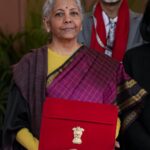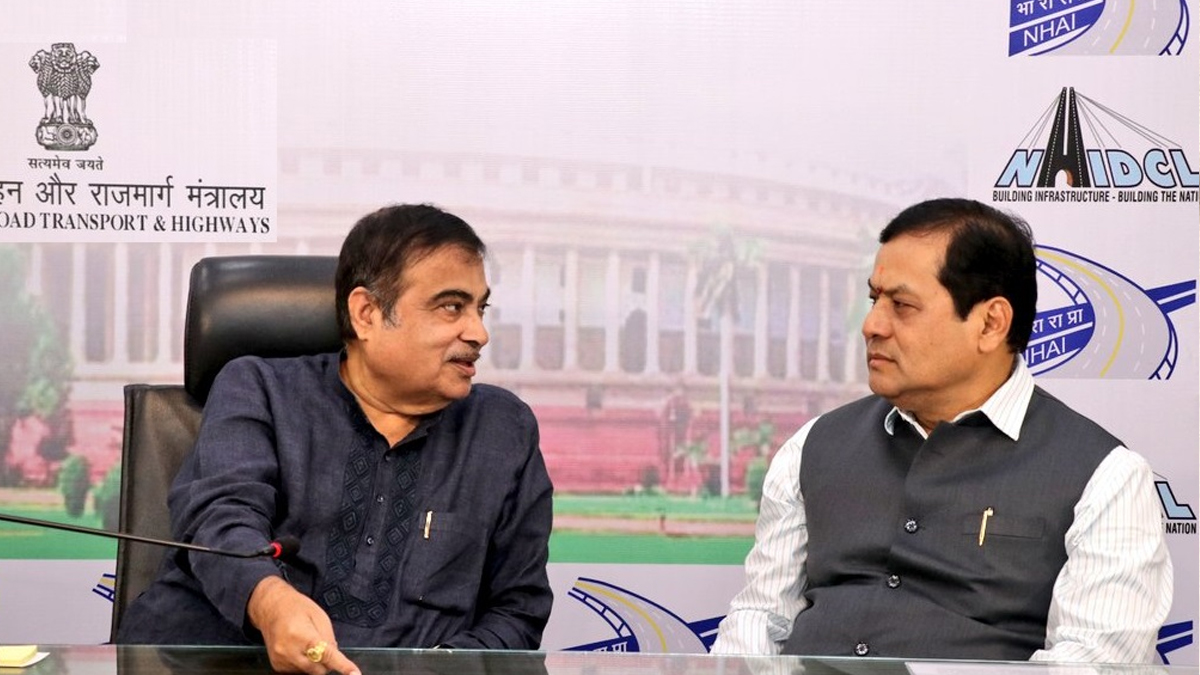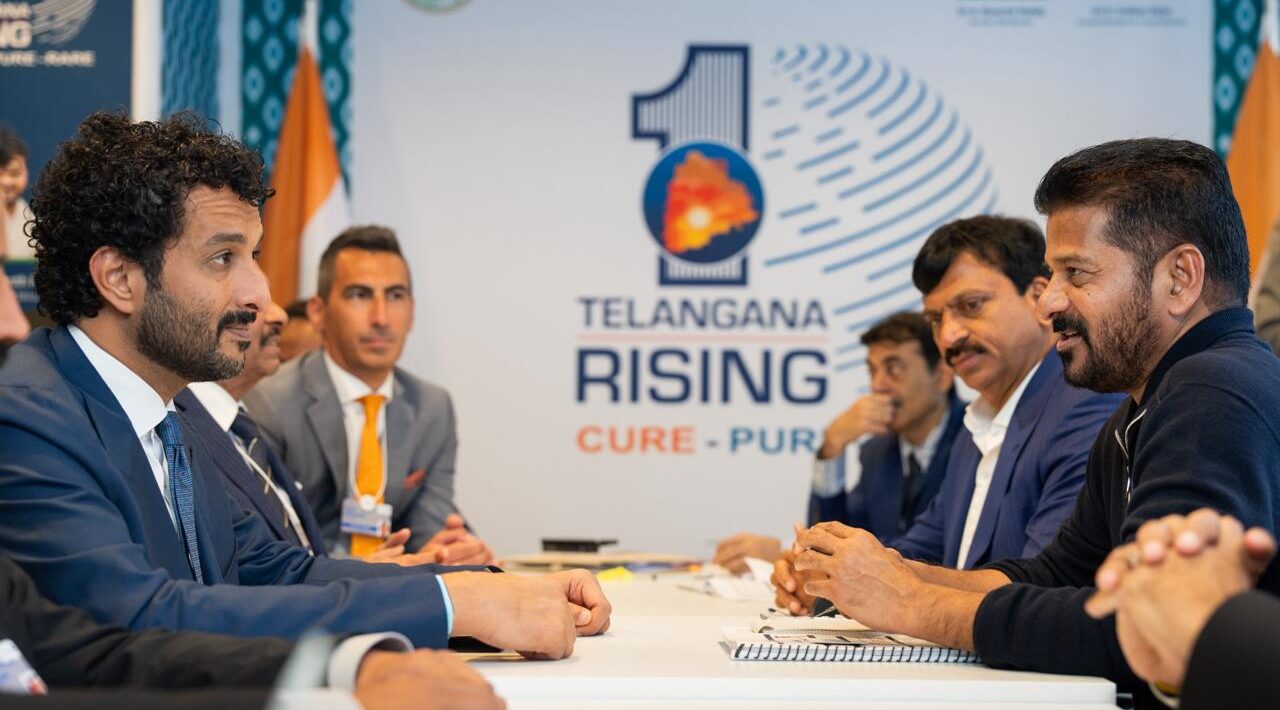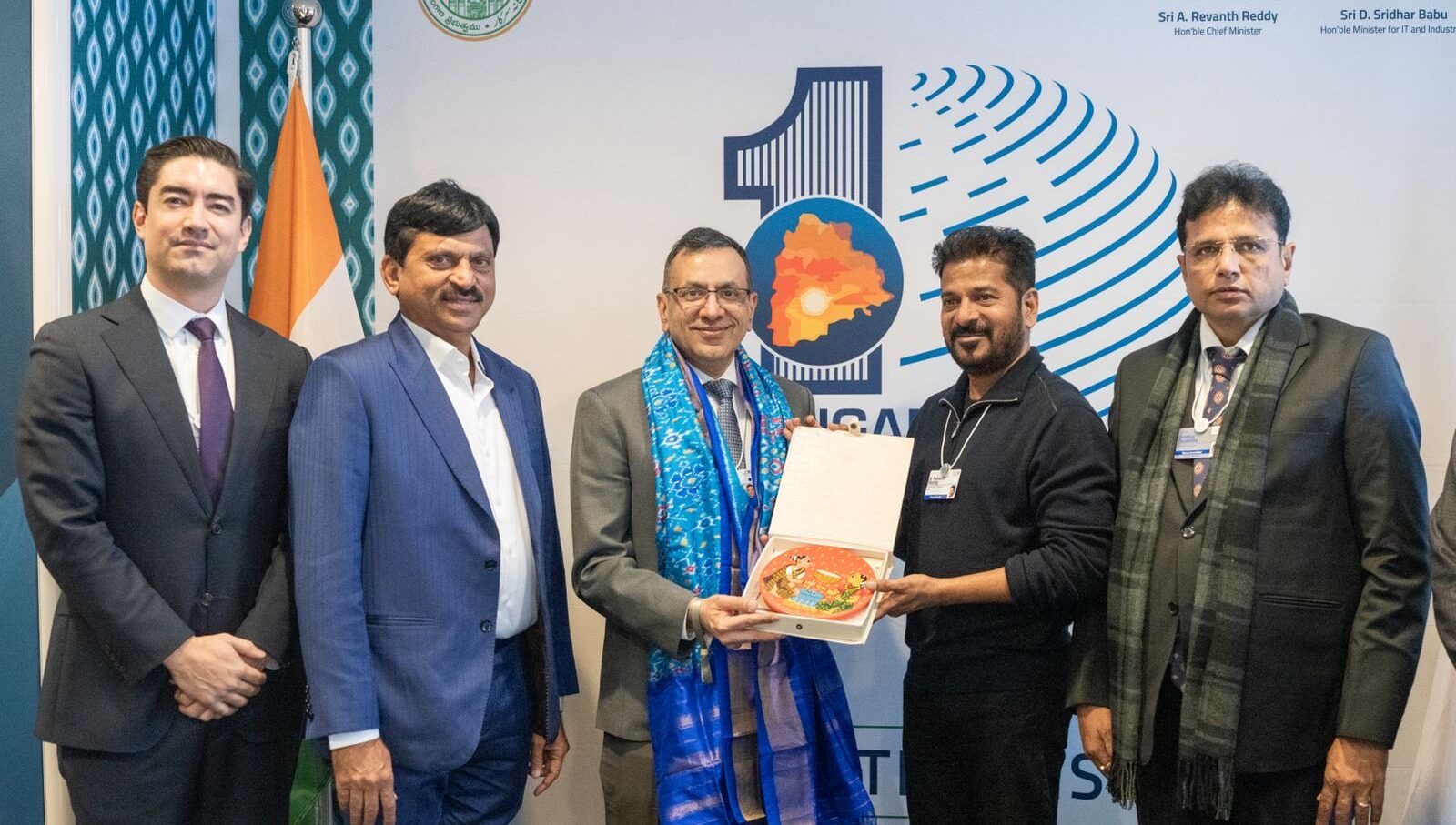Two top ministers overseeing key infrastructure portfolios — Road Transport and Highways Minister Nitin Gadkari and Ports, Shipping and Waterways Minister Sarbananda Sonowal — on Thursday outlined the central government’s broader vision to take infrastructure growth to the next level, driven by mega investments at scale.
Speaking at the Business Standard Infrastructure Summit 2025, Gadkari said quality infrastructure was essential to achieve the $5 trillion-economy target, as industrial investment and job creation could not happen without it. “Availability of money is not the problem. We can sanction projects worth Rs 20 trillion today, compared with the Rs 4 trillion being invested in the sector currently. Annual toll income, which is about Rs 55,000 crore now, is set to rise to Rs 1.4 trillion,” he said.
In a fireside chat with Business Standard’s Nivedita Mookerji, he said the government aimed to make India’s automobile industry the world’s largest within five years — a goal he believed possible with the rapid development of alternative fuels like ethanol, biofuels, methanol, biodiesel, liquefied natural gas, and green hydrogen. “We have already launched 10 projects with Indian Oil Corporation to produce green hydrogen from municipal solid waste. The challenge is inadequate filling stations and transport infrastructure,” he said, adding India would soon lead in green hydrogen and emerge as a net energy exporter.
The government gives top priority to infrastructure development — water, power, transport and communication — and aims to bring logistics costs down to 9 per cent by December, a move that would also boost exports, Gadkari said.
Delivering a special address at the summit, Ports and Shipping Minister Sonowal said investments under the Maritime Amrit Kaal Vision 2047 were being scaled up to about Rs 80 trillion, in line with blue-economy principles that set a long-term road map to transform the sector.
He said the recently announced Vadhavan port project would attract investments of about Rs 76,000 crore, with its first phase being commissioned by 2029 and the second being completed by 2037. He added that the Nicobar port project was also expected to become fully operational within a decade.
“During this Parliament session, we enacted five landmark laws that would reshape India’s maritime landscape by creating a business- and environment-friendly, globally aligned, and competitive framework. Once they receive formal approval, they will establish a comprehensive ecosystem to build a robust and vibrant shipping sector in the country,” Sonowal said.
The minister said about 840 projects, worth nearly Rs 5.8 trillion, were planned for implementation under the Sagarmala Programme of the ports, shipping and waterways ministry by 2035. Of these, 272 projects, worth Rs 1.41 trillion, had already been completed, while another 217, worth Rs 1.65 trillion were underway.
The ministry has identified 50 public-private partnership projects, worth over Rs 60,000 crore, to be taken up in the coming years, exceeding targets under the National Monetisation Pipeline. Overall, the government aims to raise private participation in major ports to 85 per cent by 2030.
The summit also featured knowledge sessions where industry leaders discussed emerging trends, challenges, and opportunities in infrastructure. In a fireside chat, Tata Power Chief Executive Officer (CEO) and Managing Director (MD) Praveer Sinha said the electricity sector required investments of about Rs 5 trillion across segments, but added that project financing models needed adjustments.
In a panel discussion on infrastructure funding, Rites MD Rahul Mithal said the preparation of detailed project reports was central to the success of infrastructure projects. Other panellists discussed the state of foreign funding across sectors.
Another highlight was a session on building a global airport hub in India, where Noida International Airport CEO Christoph Schnellmann outlined opportunities for the country to leverage airport development as a driver of economic growth.
The event concluded with two thought-provoking sessions — one on the future of fossil fuels and another on challenges in renewables. Industry leaders shared insights on energy-sector reforms, highlighting the need to revisit subsidy structures for renewable projects and introduce regulatory measures to better manage power demand.











